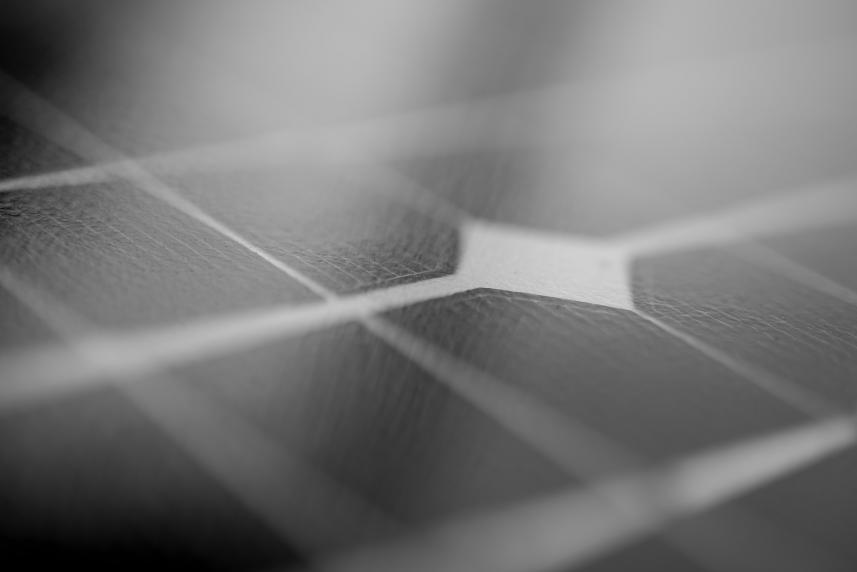PARIS -- Japan's Toray Industries and Teijin each have developed new carbon fiber materials that are expected to slash production costs for aircraft parts by up to half.
Both companies plan to unveil their products at the International Paris Air Show, which opens Monday.
Carbon fiber is 10 times stronger than steel while only a quarter as heavy. Japanese companies lead in this field, with Toray, Teijin and Mitsubishi Chemical Holdings controlling roughly 60% of the global market combined. They supply carbon fiber-reinforced plastic to manufacturers of aircraft parts.
Toray specializes in thermosetting materials, which harden when heat is applied. The chemical company developed a new composite material that shrinks production times by 20% to 30%. Toray's carbon fiber is used in the wings and fuselage of Boeing's 787 jetliner, but the lengthy production time has limited the Japanese company to supplying material for only about 10 aircraft a month.
Toray is also focusing on thermoplastic materials, which become soft when heat is applied, making them easier to process into parts. The company gained the ability to churn out such products in large quantities after acquiring Dutch player TenCate Advanced Composites in 2018.
Teijin has developed a thermosetting material better suited for mass production, with deliveries to a major European aircraft manufacturer set to begin as early as next year. The company will start supplying a thermoplastic material for Boeing's next-generation aircraft by 2021 as well. It aims to triple annual sales of aircraft-related carbon fiber products to about 100 billion yen ($920 million) by 2030.
Wide adoption of these new materials would slash the cost of manufacturing carbon fiber parts for aircraft. Carbon fiber is used mainly in midsize and large jetliners from Boeing and Airbus, but the new low-cost products likely would expand the market to small jetliners and business jets.
Demand for carbon fiber is expected to continue rising, thanks partly to the growth of budget airlines. The market for carbon fiber aircraft parts is projected to increase 150% from the 2018 level by 2030, research company Fuji Keizai says.

